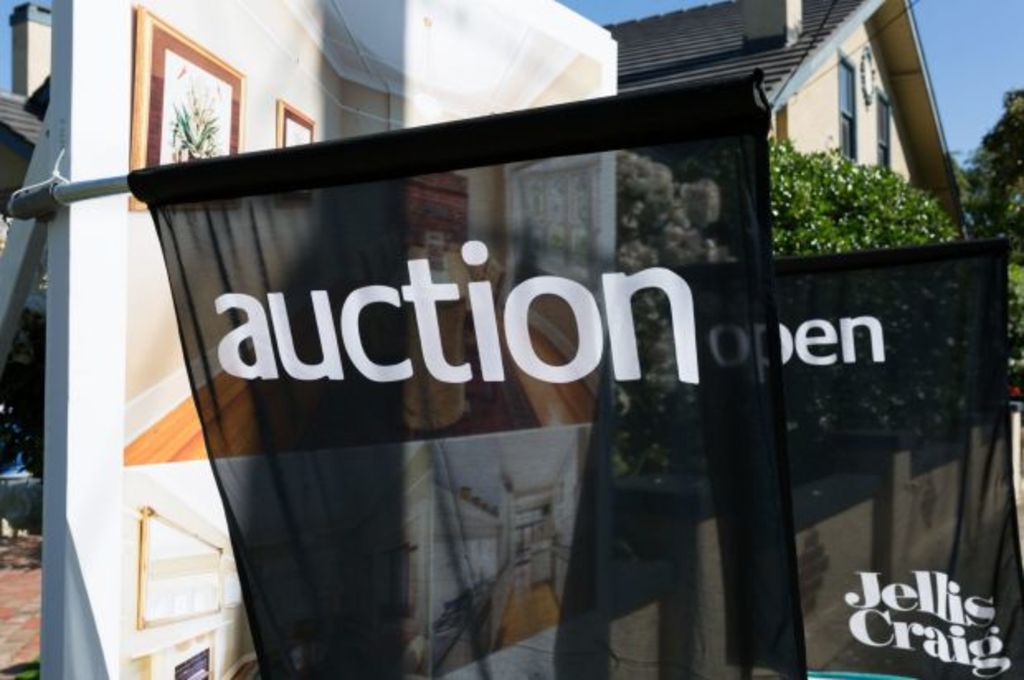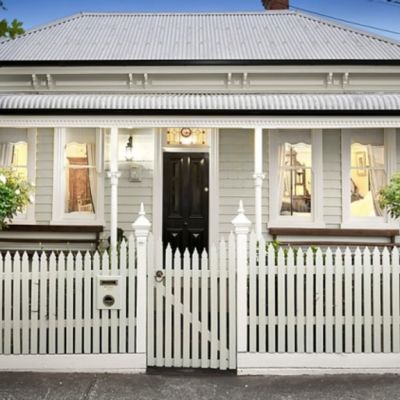Real estate price quotes for Victoria to cause confusion with new laws on the way

Confused about the conflicting terms that real estate agents use to quote the likely selling prices for properties? Then get set for the uncertainty to intensify – at least for the next few months.
Many agents are adopting highly divergent approaches to quoting prices in the countdown period to the Victorian government’s introduction of new laws to clamp down on underquoting by agents.
The most widely used terms include “offers above,” “price on application” or no price indication at all. Other popular guidelines for prospective buyers are “$900,000-plus” or a clear price range with a bottom figure and an upper-end one.
On May 1, the Andrews Government will bring in stronger laws aimed at stamping out underquoting.
A number of major agency groups are already applying the new quoting laws, which will ban agents from using the “offers over” terminology and the equally inaccurate “price-plus” description. Instead, agents will be required to advertise either a single price or a price range that must fall within 10 per cent of the lower end and upper end.
For example, you’ll be able to advertise your property with a range of $900,000 to $1 million, but not $850,000 to $1,050,000.
Property expert John Sommers said until the new laws were enacted consumers needed to tread warily because current quoting practices were “all over the shop.”
Mr Sommers, a director of the buyers’ advocacy group McRae Property, said quoting on properties was much more confused compared to the situation six months ago.
“Some agents have a policy of quoting right on the money in terms of where they see the value of the property sitting,” Mr Sommers said.
“They are quoting responsibly. There are other agents not quoting at all and there are others who, in my view, are still underquoting.”
Mr Sommers said several agency groups were now “quoting prices more fully than they have in the past” due to the impending introduction of the Estate Agents Amendment (Underquoting) Act.
Jarrod McCabe, from Wakelin Property Advisory, agreed there was considerable uncertainty surrounding pricing at the moment.
“The agency groups are feeling their way on how pricing needs to be done and on what is allowable and what’s not,” he said.
Industry insiders say there can be big differences in the way various offices of franchised real estate groups quote prices.
More than ever, it’s up to buyers to do their own homework and research comparable sales before submitting an offer.
Agents aren’t valuers and don’t pretend to be.
Some agents worry that the overhaul of quoting rules may result in fewer people inspecting listed properties.
“I think buyers are still in the mindset that they should be adding 10 per cent or more to the quoted price,” said Biggin & Scott director Trudy Biggin.
She said the new quoting rules may cause people not to come to open house inspections that they otherwise would have attended.
“If the market turns at any point that could be a problem,” she said. “You won’t sell if you’re not getting the competition.”
Graeme Wilson, from St Kilda’s Wilson Agents, couldn’t agree more.
“People often value a property from a photo or a drive-by,” Mr Wilson said. “They will say (the asking price) is ridiculous, and won’t even turn up.”
We recommend
States
Capital Cities
Capital Cities - Rentals
Popular Areas
Allhomes
More
- © 2025, CoStar Group Inc.










